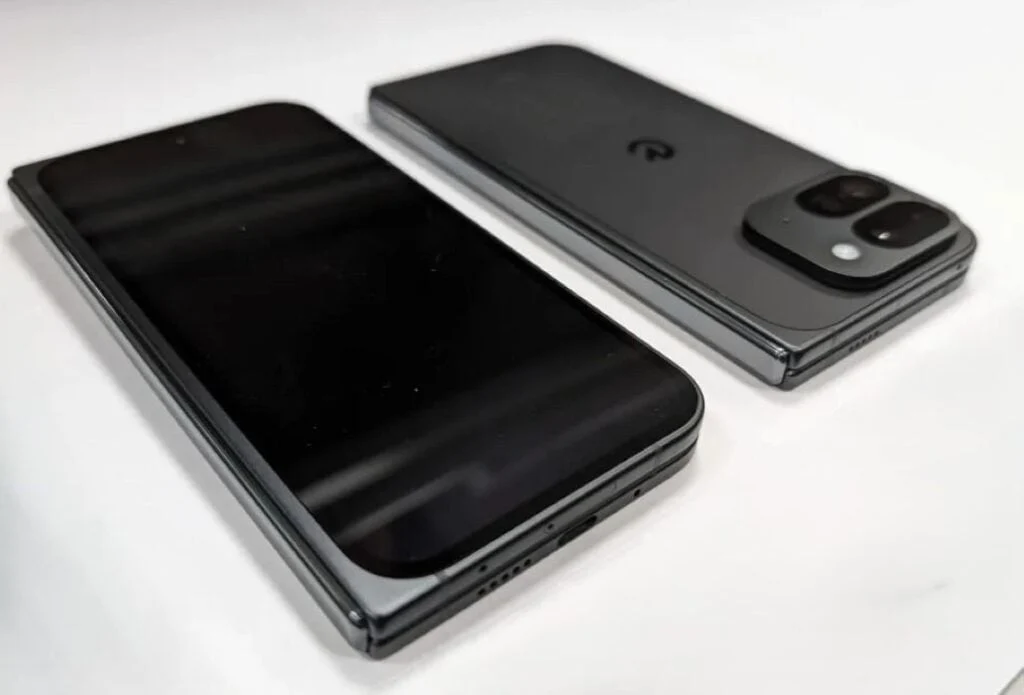Key Takeaways
1. Automatic Restart Feature: Android devices will automatically restart after being locked for three consecutive days to enhance security.
2. Before First Unlock (BFU) Mode: The reboot puts devices in BFU mode, encrypting data and making it harder to access until unlocked.
3. Biometric Unlock Disabled: During the BFU mode, biometric unlock methods (like fingerprint or facial recognition) are not accepted, adding an extra layer of protection.
4. Widespread Availability: This security feature will be available through Google Play Services, allowing many Android devices, even those no longer supported, to receive it without a full OS update.
5. Optional for Flexibility: Users with specific needs, such as always-on tablets, can opt out of this feature to maintain their device’s usual functionality.
Google is introducing a new security feature for Android devices through the latest update of Google Play Services. When your phone or tablet is locked for three consecutive days, it will automatically restart. This ensures your data remains secure, no matter where your device goes. This capability, included in version 25.14, focuses on keeping your personal information safe.
Automatic Reboot After 72 Hours of Lock
According to the security changelog, “With this feature, your device automaticly restarts if locked for 3 consecutive days.” This applies to both phones and tablets, but currently does not include devices like TVs or Wear OS gadgets.
How It Enhances Security
But what’s the actual advantage? A reboot puts your device into a Before First Unlock (BFU) mode, which means your data is encrypted and hard to access until you unlock it for the first time. This could also account for the slight delay you might feel as you unlock your device post-reboot.
Extra Layer of Protection
Your device won’t accept biometric unlock methods like fingerprint or facial recognition during this time, adding another level of security. Pixel users may see a lockscreen message: “Unlock for all features and data.” This is somewhat similar to the Inactivity Reboot seen in iOS 18.1 from Apple.
The good news is that because this feature is delivered through Play Services, most Android devices will receive it without needing a full operating system update. This is especially helpful since many active Android devices are no longer supported. Even if your device is past its support period, it might still receive this new security enhancement through the Google Play Services update. However, this feature may disrupt certain situations, like with always-on tablets, so Google is making it optional for users who need that flexibility. The rollout has started, but it might take some time before it appears on your device.
Source:
Link


Leave a Reply